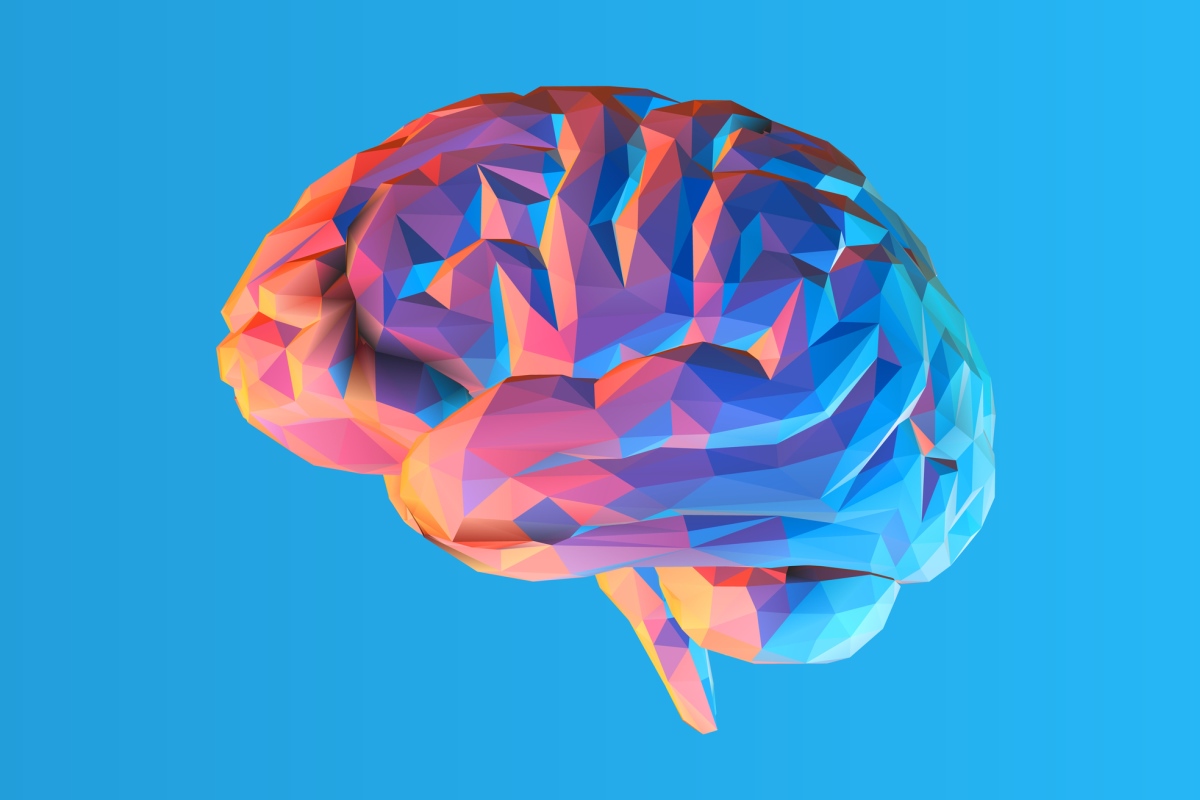Remembering where you parked the car is different from remembering how to tie a shoe — but why?
To understand that, you have to understand memory.
What is memory?
Memory refers to the process your mind uses to organize (encode), store and retrieve information. In the past, experts likened memory to a filing system or computer, but today most believe it’s more complex than that, and that it’s more of a brain-wide process than something that happens in one place. But scientists say they still know relatively little about how the process works.
What we do know is that certain memories are more important than others, and that use often determines hierarchy. When nerve cells connect with other brain cells, electrical pulses of information leap across the gaps. Those connections form what we refer to as memory. They change all the time, rearranging themselves so you can perform a task or remember something.
The more often a brain cell messages another cell, the stronger that connection gets. Asking your brain to fire certain connections over and over teaches it that they are important, so it gets better at finding and using those connections over time. That’s why studying a subject or practicing riding your bike makes you better at that activity (memory refers to physical tasks as well as mental).
People often think they have a “good” or “bad” memory, but most simply are good at remembering some types of things and not others.
How do we store memories?
Once a memory is created, it must be stored, if only for a fraction of a second. We don’t need to store everything, so the stages of memory filter information by importance.
- Encoding: a biological response that begins with perception. This is when your brain decides if something is worth remembering short-term, long-term or not at all. An example is the involuntary jerk you experience after hearing a loud noise.
- Short-term memory: the ability to hold a small amount of information in the mind for a brief period of time — typically less than 30 seconds. An example is remembering a phone number you hear said aloud. Some experts believe a part of short-term memory is working memory, which allows information being held to be manipulated for reasoning, decision-making and behavior. All agree that short-term memories are limited and decay rapidly.
- Long-term memory: the stage where knowledge is held indefinitely. Experts agree the human brain probably has a finite capacity for memory, but it’s too large for anyone to exhaust in a lifetime. Most of our memories are stored as long-term, including how to drive a car, tie a shoe or sing the words to your favorite song.
If your brain worked like your TV’s DVR, you would have to record constantly for 300+ years to use up all that storage.
Can you train your memory to work better?
Yes! The more you use your memory, the stronger it will be, so it’s important to keep engaging the memories you want to keep. The brain also “cleans out” memories you don’t use, which is good — that’s why we have room to learn and remember new things over our lifetime. Barring disease, the longer you keep learning and stimulating your brain, the better your brain and memory will function overall.
Here are 4 simple ways to strengthen your memory:
1. Break things up
A ten-digit number such as 8005659140 may be too much for your memory to hold. Divided into sections like a phone number, though, your brain can retain it: 800-565-9140. Grouping things mentally into “bite-sized” pieces may make them easier to retain.
2. Use mnemonic devices
Mnemonic (Greek for “memory”) devices are techniques that help you retain or retrieve information. The mind associates new information with something accessible or meaningful (personal details, physical cues, humor, etc.).
Well-known examples include:
- Remembering the name “ROY G BIV” for the colors of the rainbow (red, orange, yellow, green, blue, indigo, violet), or
- Children learning the alphabet through music with the ABCs.
You can create your own mnemonic devices, too. If you want to remember that your neighbor’s name is Alice, think of something or someone named Alice you have a connection to (in a book, movie, band, etc.). Your brain may latch more easily onto that connection because it’s based on something you already know.
3. Learn a new skill
Studies have shown that learning something new may strengthen overall memory, especially for seniors, because it builds and engages connections between different parts of the brain. Try learning a new language or mastering a new activity. The more intricate the skill, the more likely it will improve your memory.
4. Make things unforgettable
This is a practical tip, but if you want to make sure you don’t forget your leftovers in the work fridge, put your keys next to your leftover sandwich. You literally won’t be able to leave without it. Placing things spatially near each other can trigger you to remember that there’s something else you need to do later.
Get more information about specific health terms, topics and conditions to better manage your health on bcbst.com. BlueCross BlueShield of Tennessee members can access wellness-related discounts on fitness products, gym memberships, healthy eating and more through Blue365®. BCBST members can also find tools and resources to help improve health and well-being by logging into BlueAccess and going to the Managing Your Health tab.



2 Comments
WellTuned provides inspiration and practical advice for healthy living.
WellTuned does not offer medical advice. Any personal health questions should be addressed to your doctor.